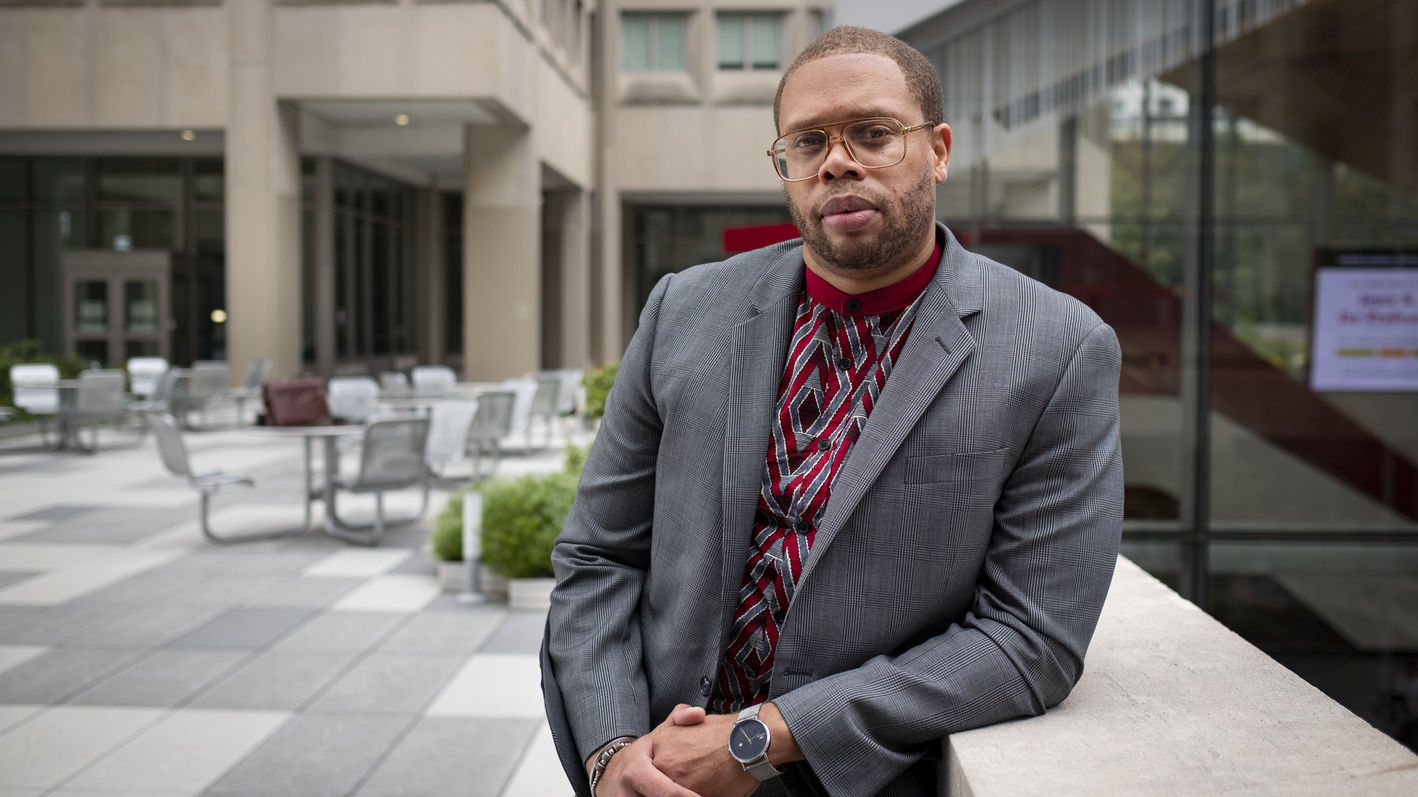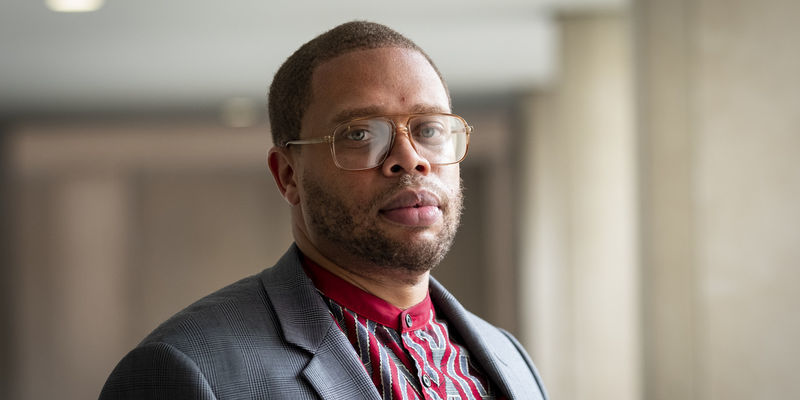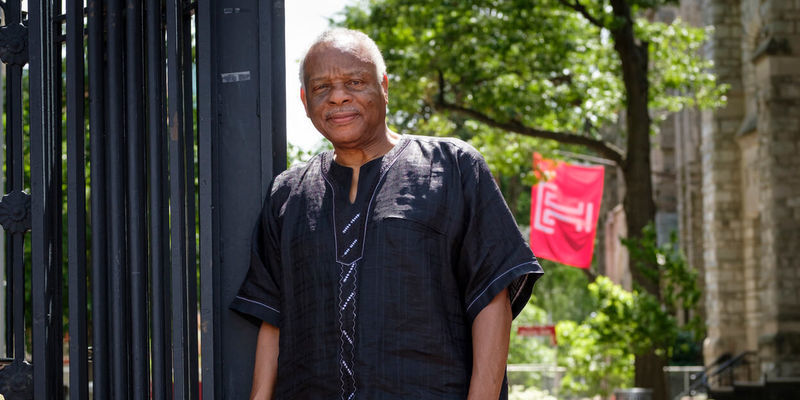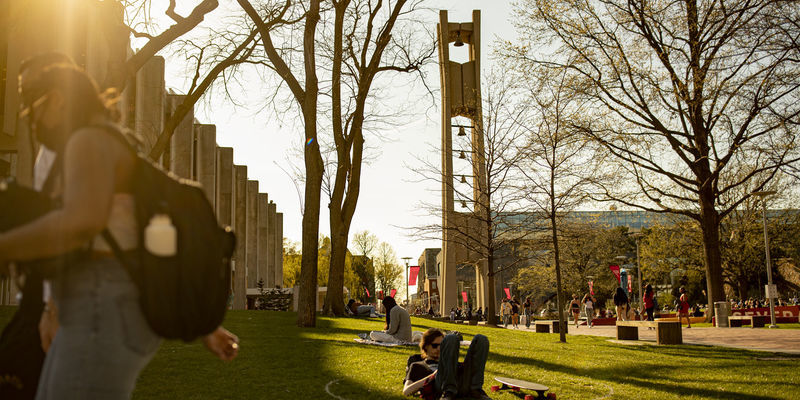$1.3 million grant awarded for construction of Center for Anti-racism Research
Leaders from the Department of Africology and African American Studies say the funding demonstrates an outside commitment to the success of the new research facility.

Last month, state Rep. Malcolm Kenyatta, KLN ’12, awarded Temple University a $1.3 million grant for the construction of its Center for Anti-racism Research.
The center was originally announced in September 2020 as part of a more than $1 million investment into anti-racism education and programming. The investment also included plans to expand the College of Liberal Arts’ Department of Africology and African American Studies and to develop the Cecil B. Moore Scholars Program, a bridge program for young people in North Philadelphia, among other initiatives.
The newly announced grant will ensure that the center gets off to a strong start on the important work it will undertake. The center’s inaugural director, Timothy Welbeck, knew the impact the grant would have as soon as he heard the news last December.
“I was ecstatic to learn about it because it not only funds a necessary component of the center’s work by giving us a physical space, but it also shows support from our broader network and particularly our representative Kenyatta,” Welbeck said.
“Representative Kenyatta is a product of Temple University. He’s a product of North Philadelphia, and much of what we’re doing is working toward helping the people of North Philadelphia,” Welbeck said. “So this grant is a vote of confidence in what we’re doing and the work that’s ahead, and it gives us the means to begin starting that on a good footing.”
In addition to helping fund the physical construction of the center to be located in the pavilion at Mazur Hall, a portion of the grant will fund renovations to the Department of Africology and African American Studies.
Molefi Kete Asante, professor and chair of the Department of Africology and African American Studies, said the grant comes at a time when people are recognizing the importance of the department and its work.
“People see the value of this department, particularly at this time in America’s history where we are really trying to protect a multiracial democracy. Since we now are noticing that there is an increasing number of people from various ethnic groups and cultural groups in the society, the Center for Anti-racism Research will be very valuable to the university as well as to the Pennsylvania community,” said Asante.
“When I joined Temple as a faculty member in 1984, then-President Peter Liacouras said, ‘I want to create at Temple University the number one African American Studies Department in the nation. We are in the heart of North Philadelphia. We should not allow any other university to be the top university in this field,’” Asante said.
He also credited former Temple President Richard Englert for his role in the creation of the Center for Anti-racism Research at the request of Asante in a letter from June 2020.
Welbeck is currently assembling a steering committee to help execute the work of the center once constructed. The committee will consist of a diverse selection of faculty members, something Welbeck said is critical for tackling the complex issues the center will face.
“Racism is a threat to us all, and it harms every conceivable facet of society,” he said. “It behooves us then to work with people who have studied its impact in other fields in addition to ours, because in working in tandem with them, we can devise better solutions and practices to help address the issue at hand.”
Construction of the center began last December, and Welbeck said it is on pace to be completed sometime between late March and early April 2022.


